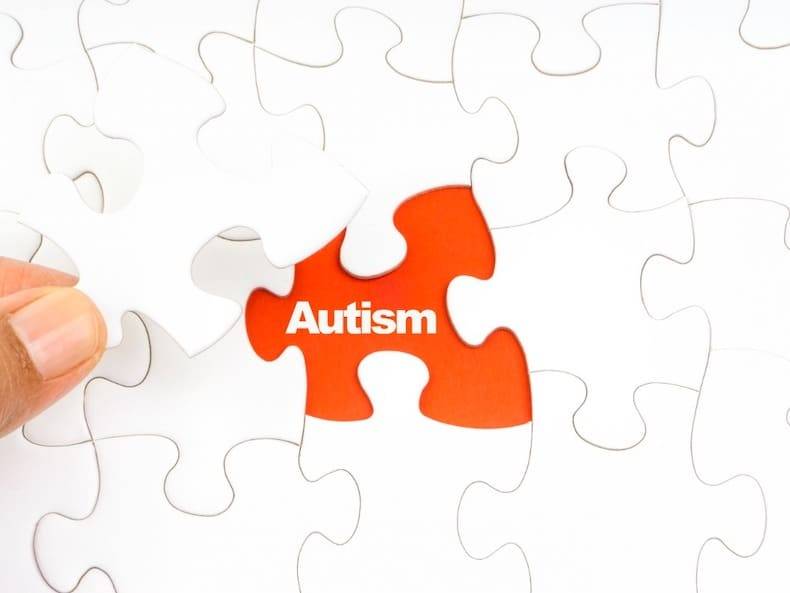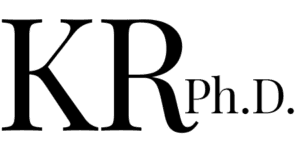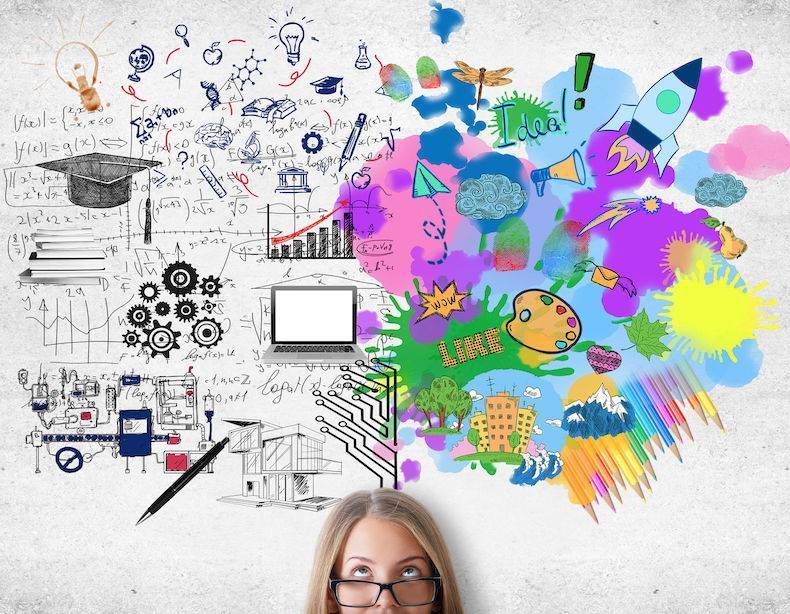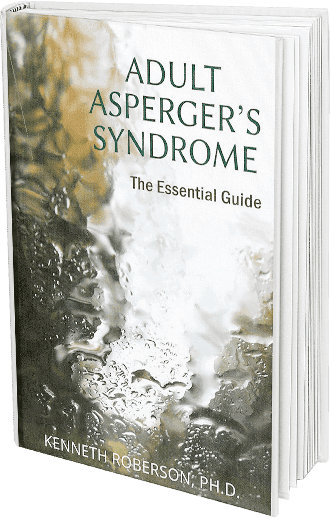
Navigating the complexities of life can be a challenge for anyone, but when you’re an adult who may be on the autism spectrum, understanding your unique needs and strengths becomes even more crucial. An adult autism assessment is not just a clinical procedure; it’s a journey toward self-discovery and empowerment.
In this article, we’ll explore what an adult autism spectrum disorder (ASD) assessment can reveal about you and how it can transform your life.
Understanding the Spectrum: A Journey to Self-Discovery
In a world where awareness about neurodiversity is increasing, many adults may find themselves considering the possibility that they could be on the autism spectrum. An adult autism assessment is a path to uncovering deeper self-understanding and accessing support that aligns with your unique neurology.

The journey of an adult autism diagnosis involves patience, courage, and support. As you explore what an assessment can reveal, remember that each step forward is a stride toward embracing your whole self.
Knowing Yourself: The Core of Adult ASD Assessment
Understanding autism in adults can be complex. Signs of autism may have been present since childhood but not recognized due to various reasons. The process of an adult autism diagnosis is more than discovering a label; it’s a comprehensive approach to appreciating your individuality.
What is an Adult Autism Assessment?
An autism assessment is a series of tests and evaluations designed to diagnose or rule out autism spectrum disorder (ASD). Typically, an autism assessment will involve a comprehensive evaluation of your developmental history, including early childhood development, social and communication skills, and any sensory sensitivities or repetitive behaviors.
The assessment I conduct also includes screening questionnaires to evaluate how similar your characteristics are to adults who have been diagnosed with ASD. I also email questions to family members or close friends who can provide insights into your developmental history and current behaviors.
Lastly, I would meet with you for three individual sessions, each 50 minutes long. Toward the end of the third session, I present my findings, indicating whether you meet the criteria for ASD, and we discuss those findings.
Overall, an autism assessment aims to evaluate a person’s ability to engage in social interactions and communication, as well as their tendencies toward repetitive behaviors or interests.
By assessing these core features of autism, an evaluation can help identify whether a person is on the autism spectrum and provide recommendations for treatment or support.
Why Consider an Adult Autism Diagnosis?
While Autism is typically diagnosed in childhood, many adults who were never diagnosed with autism as children are discovering later in life that they may be on the autism spectrum. Recent data indicates that 2.2% of American adults, or about 1 in 45 people, have autism.
If you are an adult who suspects you may be on the autism spectrum, seeking an autism assessment can be a valuable tool in understanding your neurodivergent traits and how they may impact your life.
Potential Benefits of Getting an Adult ASD Assessment
Getting an adult autism assessment can be a life-changing experience for many individuals. It can provide a deep sense of validation and understanding, as well as open the door to specialized support and a sense of belonging within the autism community.

Here are some potential benefits of getting an adult autism assessment:
- Specialized Support: An adult ASD assessment can lead to access to specialized support, services, and resources tailored to the unique needs of individuals on the autism spectrum. This can include therapy, counseling, vocational training, and educational programs designed to support individuals in their daily lives and personal growth.
- Better Self-Understanding: Being diagnosed with autism as an adult can provide a newfound understanding of oneself, including why certain challenges and struggles have been present throughout life. It can help individuals make sense of their experiences and behaviors, leading to a greater sense of self-awareness and self-acceptance.
- Finding Like-Minded Community: Many individuals who receive an adult autism diagnosis report feeling a sense of relief and belonging as they connect with others who share similar experiences. Finding like-minded individuals within the autism community can provide much-needed support, validation, and a sense of community.
- Emotional Impact: The emotional impact of feeling validated by a diagnosis of autism in adulthood cannot be understated. Many individuals who self-diagnose or seek out an autism assessment experience a profound sense of relief, validation, and even joy as they finally have an explanation for their struggles and differences.
- Improved Mental Health: An autism assessment for adults can provide invaluable insight into how an individual’s ASD affects their daily life. Identifying sources of anxiety or depression linked to undiagnosed ASD can be especially critical, as it can lead to improved coping strategies.
- Enhanced Relationships: The adult autism assessment process is a powerful tool for individuals to gain greater self-awareness and understanding of themselves. It can provide crucial insight into how you interact with others, your strengths, and your areas of improvement. With this understanding can come improved communication with loved ones.
Getting an adult ASD assessment can have numerous positive outcomes, from accessing specialized support to feeling validated and finding a sense of belonging within the autism community.
If you’re considering an assessment, know that it can lead to a greater understanding of oneself and open the door to valuable support and resources.
What Does an Adult Autism Spectrum Disorder (ASD) Assessment Involve?
An adult autism assessment is a comprehensive evaluation that is designed to determine whether an individual meets the criteria for a diagnosis of autism spectrum disorder (ASD). The assessment typically includes a clinical interview, a review of the individual’s history, and standardized testing.
A Comprehensive Autism Diagnosis For Adults typically includes:
- Historical Analysis: Looking at developmental history, school experiences, and social interactions.
- Behavioral Observations: Recognizing patterns in communication, interests, and activities that align with the autism spectrum.
- Cognitive and Emotional Assessments: These may identify how you process information and respond to emotions, both yours and others.
- Functional Impact: Understanding how autism traits affect daily living, relationships, and work-life.
What Can You Learn From an Assessment?
If you’re an adult who suspects you might be on the autism spectrum, getting a professional assessment can be a life-changing experience. An assessment can provide you with a greater understanding of yourself, your strengths, and your challenges. It can also help you access the support and resources you need to live a fulfilling and meaningful life.
- Discover if You Are on the Autism Spectrum: The most obvious thing that an autism assessment can tell you is whether you have Autism Spectrum Disorder. While you may suspect that you are on the spectrum based on your experiences and traits, a formal assessment can provide a definitive diagnosis.
- Gain Insight into Your Strengths and Challenges: An autism assessment can also provide valuable insights into your strengths and challenges. For example, many adults on the autism spectrum may have excellent memory, attention to detail, and problem-solving skills, while struggling with social communication, sensory sensitivities, and executive functioning. Understanding these strengths and challenges can help you identify areas where you may need additional support or accommodations, as well as capitalize on your strengths to achieve your goals.
- Learn How Your Neurodivergent Traits Impact Your Life: An autism assessment can also provide valuable insights into how your neurodivergent traits impact your daily life. For example, an assessment may identify specific sensory sensitivities that can cause discomfort or distress in certain environments, or communication challenges that can make it difficult to form and maintain social relationships. By understanding how your neurodivergent traits impact your life, you can develop strategies to manage these challenges and build on your strengths.
- Get Recommendations for Support or Treatment: Finally, an autism assessment can provide valuable recommendations for support or treatment. Depending on the results of an assessment, a person may be referred to a variety of services, including therapy, medication, or specialized educational or vocational programs. If you are on the autism spectrum, following these recommendations can provide access to the support you need to thrive and achieve your goals.
How Do I Find Adult Autism Assessments Near Me?
Searching for ‘adult autism assessment near me’ or ‘Adult autism assessment and therapy services’ will yield local options where face-to-face assessments are available. However, online services have made assessments more accessible than ever before.

Online Assessment: A New Frontier for Accessibility
For many, the advent of online autism diagnosis for adults has been a game-changer, offering:
- Flexibility: Engage with the assessment process from the comfort of your home.
- Privacy: Online services can provide a sense of security and discretion.
- Reduced Stress: Avoid the anxiety that may come with traveling to an unfamiliar location.
By leveraging technology, autism assessment becomes more approachable and attuned to your lifestyle. These methods ensure that everyone has access to quality diagnostic services regardless of location.
Your Next Steps Towards Empowerment
Feeling ready? Here’s what you should do next:
- Research: Look up ‘online autism diagnosis for adults’ or ‘adult ASD assessment’.
- Reach Out: Contact experts offering these services.
- Prepare: Gather any relevant personal history information ahead of time.
Understanding yourself is invaluable—and if you’re considering exploring whether you might be on the spectrum—an adult autism assessment could be the key that unlocks new doors to self-understanding and growth.
Tips for selecting the right provider:
- Expertise: Providers who understand the subtleties of adult ASD assessments.
- Compassion: Someone who approaches your assessment with sensitivity and care.
- Accessibility: Services that meet you where you are, whether in-person or through online autism diagnosis services.
Contact Me for Virtual Adult Autism Assessment and Therapy Services in California
Embarking on the process of an Adult Autism Assessment is a significant step and one that you don’t have to take alone. As a provider of Adult ASD assessment and therapy services in California, I offer both comprehensive expertise and the warmth of human connection – all available virtually.
With a click, you can find the understanding and validation you deserve. If you’re ready to learn more about yourself and how autism may be a part of your story, Contact me for virtual adult autism assessment and therapy services in California. Rediscover your strengths, get support tailored to your needs, and join a community that celebrates your unique way of being.
My virtual doors are open – reach out and take the first step on your path to self-discovery today.
Residents living in other states can search for specialists in their location in my National Therapist Directory.




